More in Economy

Unlocking the Philippines’ $3.9 Trillion Hydropower Potential: A Path to Cleaner Energy and Flood Mitigation
The Philippines is endowed with an estimated $3.9 trillion worth of hydropower potential, which if fully harnessed, could significantly enhance the country’s electricity generation, alleviate recurring flood problems, and improve agricultural productivity. Gertrude Roque, president of the privately backed Philhydro Association Inc., emphasized that unlocking this potential would require investments of approximately $5-6 million per megawatt. Roque advocated for a strategic mix of hydropower technologies including run-of-river (ROR), dams, and pumped storage hydro (PSH) systems as the optimal approach tailored for the Philippines’ unique landscape and needs. She underscored the multifunctional role of dams, stating, \"For dams, we store the water to prevent floods or to irrigate the farms,\" highlighting that beyond energy production, dams also contribute to water management and agricultural support. Energy Secretary Sharon Garin described hydropower as the \"perfect partner\" in the nation’s pursuit of sustainable and clean energy sources. She further stressed the important role hydropower infrastructure plays in national disaster resilience. \"Hydro facilities are critical infrastructure for disaster mitigation. Reservoirs and integrated water management actively control river flows, mitigate flash floods, and protect communities during severe weather events,\" Garin explained. Currently, hydropower contributes roughly eight percent to the Philippine energy mix. Given its substantial benefits and untapped capacity, intensified collaboration between government agencies and the private sector is essential to expand hydropower’s share, not only for energy needs but also for flood control and disaster preparedness. Roque and Garin both emphasized that while development is critical, projects must be thoroughly assessed for their environmental impact and long-term benefits before implementation. The strategic development of hydropower promises to play a pivotal role in the country’s energy future and disaster resilience efforts if pursued responsibly.
Economy
|2 min read
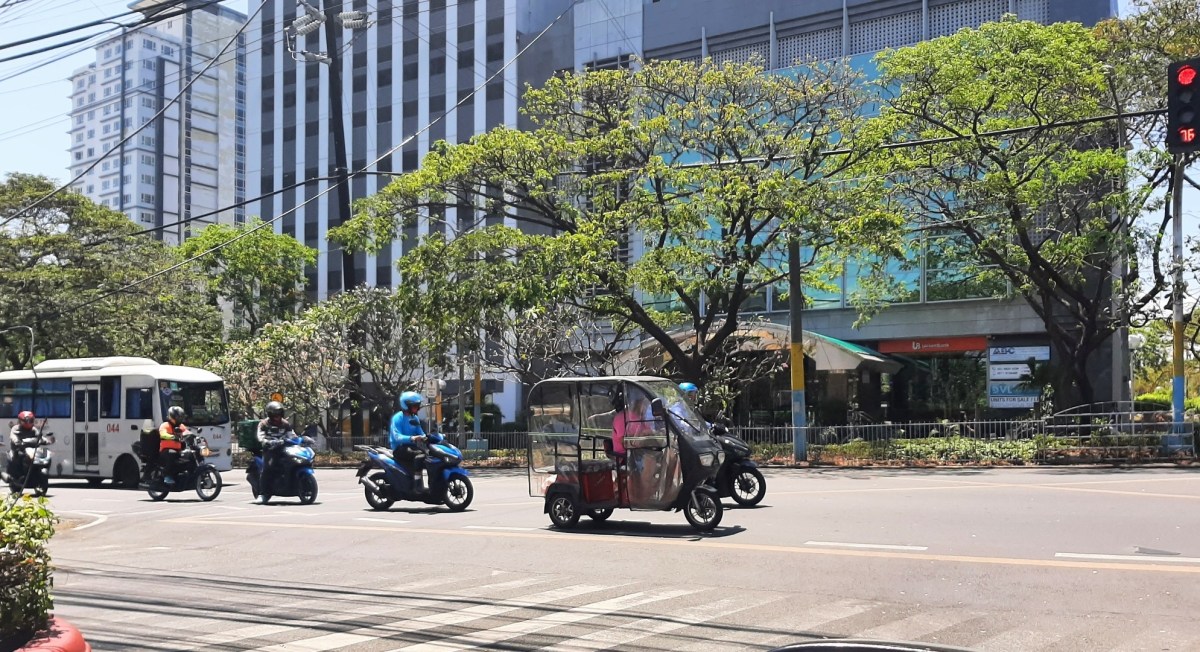
LTO to Bar E-Bikes and E-Trikes from Major Roads Starting December 1, 2025
The Land Transportation Office (LTO) announced on Thursday that, effective December 1, 2025, electric bicycles and tricycles (e-bikes and e-trikes) will be prohibited from operating on major roads. LTO Chief Markus Lacanilao has committed to enforcing this regulation, with violators subject to automatic impoundment. Senator JV Ejercito, who oversees the budget for the Department of Transportation (DOTr) and its attached agencies, emphasized the safety concerns driving the decision. He noted that many operators lack proper licenses and that some e-bike drivers, often mothers transporting children, pose risks on busy roads. "According to LTO and DOTr, automatic impound na kasi ... dilemma po talaga eh. Minsan hindi talaga sila lisensyado, minsan nanay pa ang nagda-drive may mga kasamang mga anak na delikado, very light. So 'yun po ang sabi ng LTO, from now on talagang dapat ho 'pag nasa main thoroughfare, especially talagang automatic i-impound na po nila," Ejercito explained during Senate debates. Before enforcement begins, the LTO will conduct an information campaign to educate the public about the new rules. Ejercito shared, "According to our secretary, by December 1, mag-i-info drive muna sila, mag-iikot, just to inform, sasabihan po muna lahat na nakikita. So bibigyan muna nila ng tsansa malaman po lahat, information campaign, bago po sila manghuli. May warning po muna sila." This move follows concerns raised by Senator Raffy Tulfo, who pointed out complaints that e-bikes have become dominant on roads, seemingly replacing jeepneys. While recognizing their role as an income source for many Filipinos, Tulfo highlighted safety issues connected to their increased presence. Acting Transportation Secretary Giovanni Lopez confirmed that the LTO will coordinate with the Department of the Interior and Local Government (DILG) and local government units to manage the regulation. Public consultations will also be held concerning safety measures, registration processes, and driver licensing for e-bike operators. Ejercito clarified that e-bikes and e-trikes might still be permitted within barangays or residential subdivisions but will be strictly banned on main thoroughfares. "Main thoroughfares, bawal na po talaga sila. Siguro bibigyan natin ng leeway sa barangay o kaya sa mga subdivisions. Pero sa main thoroughfare ay talagang hindi na po sila papayagan," he stated.
Economy
|2 min read

Quezon City Court Declares NTC Order Blocking Bulatlat and Other Sites Unconstitutional
The Quezon City Regional Trial Court (RTC) has invalidated a directive from the National Telecommunications Commission (NTC) that mandated internet service providers to block access to the alternative news site Bulatlat along with 25 other websites. The court ruled that the NTC order constitutes an unconstitutional form of prior restraint. In its ruling dated November 18, Judge Catherine Manodon of Branch 104 declared the NTC’s memorandum issued on June 8, 2022 — prompted by a request from then National Security Adviser Hermogenes Esperon — null and void. The case stemmed from a petition filed by Alipato Media Center, Inc., the entity behind Bulatlat, challenging the legality of the NTC’s directive. Judge Manodon emphasized that the NTC failed to provide sufficient evidence demonstrating a clear and present danger that would warrant blocking the websites. "No competent proof was presented to show that the plaintiff’s publication or operation posed an imminent threat to national security or public order," the decision stated. Consequently, the court found that the NTC's issuance was an unlawful, content-based restriction infringing on constitutional guarantees of free speech and expression. The court further clarified that by blocking these websites, the NTC effectively imposed prior censorship, preventing publication before any judicial review could determine the legitimacy of the alleged objectionable content. A thorough review of the NTC’s mandate under Executive Order No. 546 revealed no explicit or implicit authority for the Commission to "block," "restrict," or "limit access" to online content. The court noted that the NTC’s powers are confined primarily to supervising telecommunications services, managing radio frequency licenses, and regulating related utilities. "The NTC’s authority does not extend to the suppression of content or the restriction of access to online publications as contained in the assailed Memorandum," the court wrote. Additionally, the court rejected the NTC’s invocation of Section 46(m) of the Anti-Terrorism Act to justify the blocking order. It ruled that this provision does not grant administrative agencies the power to impose restrictions like blocking access without due process. "To interpret the law as granting such power would unjustifiably broaden its scope and sanction acts beyond the statutory limits of administrative authority," the judgment explained. This ruling upholds the constitutional protection of free speech and highlights the limits of regulatory bodies in restricting online content without proper legal process.
Economy
|2 min read
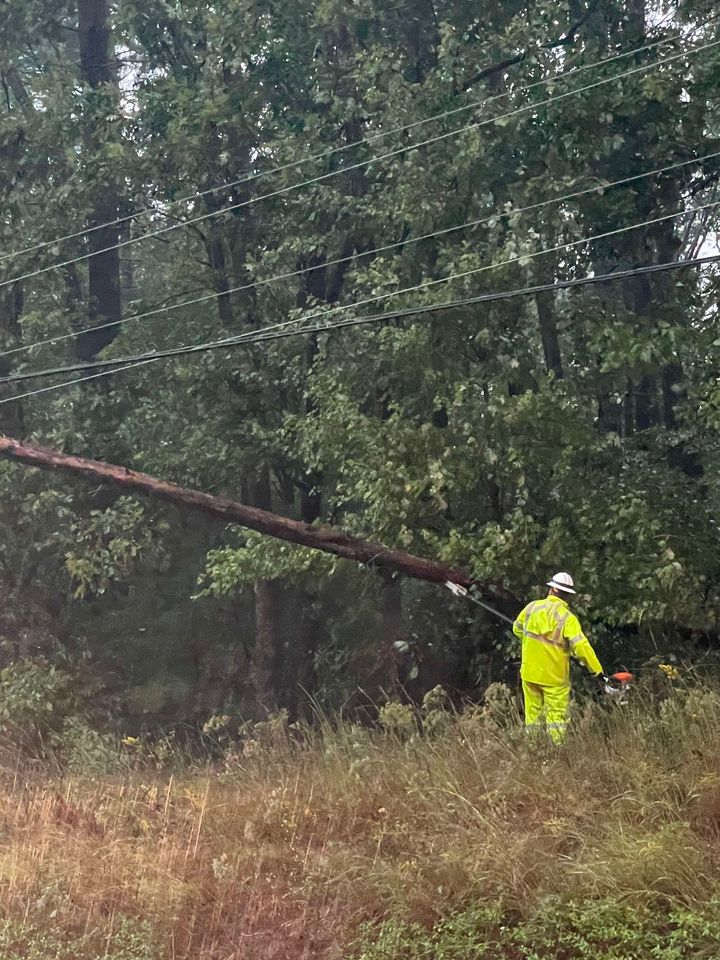
Negros Power Nearly Completes Electricity Restoration After Typhoon Tino
Negros Power has restored electrical service to nearly all of its customers in central Negros as of November 28. According to Engr. Bailey del Castillo, Chief Operations Officer of Negros Power, only 24 out of 244,915 customers remain without electricity since the impact of Typhoon Tino on November 4. The few areas still lacking power are situated on a mountainous peak in Barangay Canlandog, Murcia. Del Castillo explained that the extreme topography and ongoing rainfall have hampered efforts to complete the final restoration phase. "Despite the difficult conditions, our team continues to work relentlessly to restore power as quickly as possible," Del Castillo stated. Because the location is inaccessible by vehicles, the restoration crew has had to navigate through rough terrain, slippery slopes, and challenging repair points, often carrying equipment and materials by hand. "For safety reasons, our team had to halt operations early on certain days due to poor weather and limited visibility," he added. Typhoon Tino caused widespread outages across Negros Power's service area, affecting Bacolod City, Silay City, Talisay City, Bago City, Murcia, and Don Salvador Benedicto. The company assures the public that full restoration will be achieved as soon as weather and access conditions improve.
Economy
|1 min read

International Master Arca Secures Philippines' Sole Gold at Asian Youth Chess Championships
The Philippines celebrated a significant triumph at the 27th Asian Youth Chess Championships held in Thailand, thanks to International Master Christian Gian Karlo Arca. Arca earned the nation’s only gold medal at the event by dominating the Under-16 open blitz competition. Arca amassed 7.5 points, generated from seven victories, a draw, and just a single loss, finishing ahead of Vietnamese FIDE Master Dinh Nho Kiet and Indian International Master Ethan Vaz, who tied for second and third with seven points each. Despite losing his final round match to Vaz, Arca's overall performance secured him the title. The gold medal hinged on a crucial outcome involving other competitors. Dinh needed to defeat Iranian Amirreza Kerdegar to overtake Arca, but Kerdegar pulled off a surprising upset, clearing the path for the Filipino chess star. This victory added to Arca’s impressive haul, following his silver medal in the standard format earlier in the tournament. He narrowly missed a third podium finish in the rapid category, where he tied for first place with four others but settled for fourth after tiebreak calculations. Additionally, the Philippines’ Marius Constante contributed to the medal tally, proudly capturing bronze in the open Under-8 division, further highlighting the country's promising talent in youth chess.
Economy
|2 min read
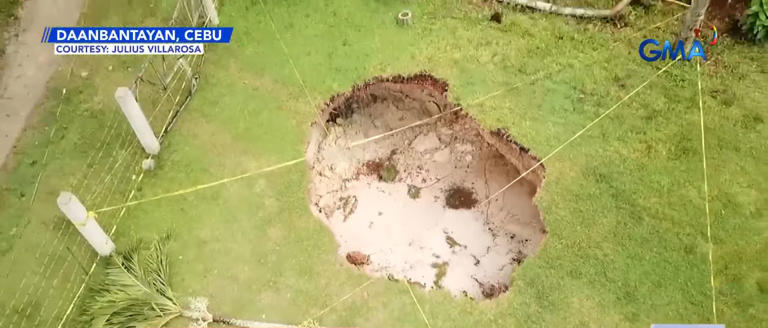
San Remigio Faces Mass Relocation After Earthquake-Induced Sinkholes Render Land Unsafe
The northern Cebu town of San Remigio is undergoing a massive relocation effort following a powerful earthquake that triggered the formation of numerous sinkholes, rendering entire neighborhoods unsafe for habitation. After the magnitude 6.9 earthquake struck on September 30, 2025, officials discovered more than 60 newly formed sinkholes across residential areas, prompting the declaration of multiple no-build zones and forcing roughly 1,000 residents—comprising 200 to 250 families—to evacuate. These residents are currently housed in government-provided Smart Houses and temporary shelters while municipal authorities face the pressing task of acquiring land and mobilizing resources for permanent relocation. Mayor Mariano Martinez emphasized the complexity of the undertaking, stating, \"It’s a problem we have yet to resolve because we really need to transfer them.\" San Remigio’s crisis showcases the vulnerability of communities built atop karst terrain, a geological formation of soluble limestone prone to subsidence. Experts explain that seismic tremors can destabilize this terrain, resulting in sinkholes that expand rapidly, especially with ongoing aftershocks. Recent estimates warn the number of sinkholes may rise to 100, exacerbating the risk to life and property. For affected residents, relocation means not only displacement but the loss of their most valuable asset—the land beneath their homes. Despite the dangers, some families remain hesitant to leave, illustrating the deep personal and economic ties to their locality. The mayor acknowledged this challenge, noting efforts to find alternative sites closer to their original livelihoods. The local government’s financial capacity to purchase safe land and build new homes falls short of the scale required. Mayor Martinez expressed hope for external support, referencing aid mobilized after previous disasters, \"We hope that foreign and non-government organizations will come forward to help us build new homes for our displaced families.\" This situation reflects a broader problem faced by disaster-prone countries, where cascading hazards such as earthquakes triggering secondary geological threats demand more complex responses than simple reconstruction. The San Remigio case underscores the need for integrated land use planning and sustainable community resettlement strategies in vulnerable regions. Looking ahead, the town is prioritizing land acquisition and securing funding to ensure permanent, safe housing for displaced families. The success of these efforts will determine not only the future of San Remigio’s residents but could also serve as a model for handling similar geologically driven relocations elsewhere. As the local government navigates the dual challenges of logistics and finance, the broader province watches closely, aware that this unprecedented response sets a vital precedent in managing risks associated with the earth's shifting foundations.
Economy
|3 min read
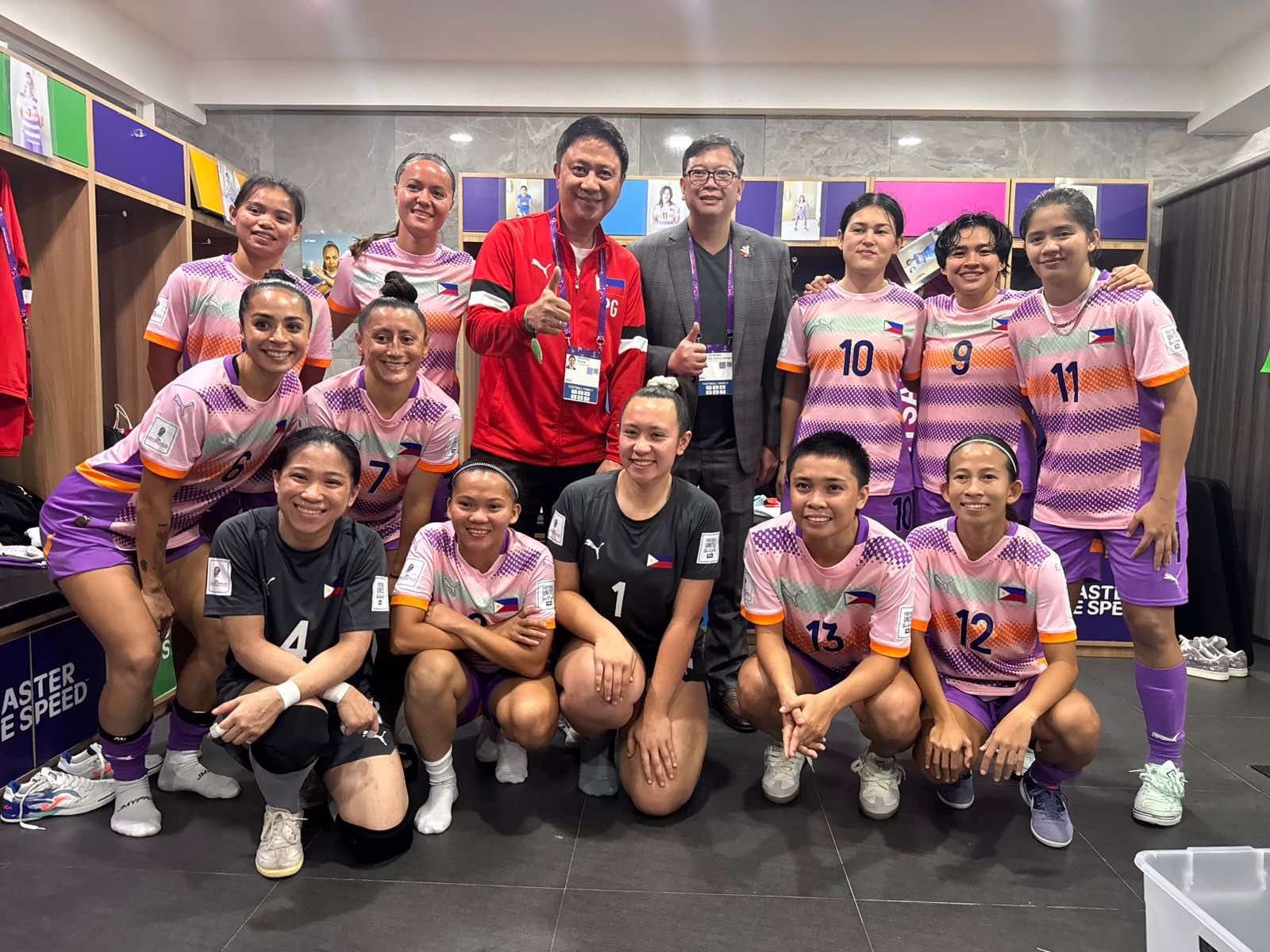
FIFA Futsal World Cup Quarterfinals Kick Off Tonight at PhilSports Arena
The FIFA Futsal World Cup quarterfinals commence tonight at the PhilSports Arena with two key matches determining the first semifinalists. At 6 p.m., World No. 6 Argentina, which topped Group A after impressive performances including a 5-1 win over hosts Philippines, will challenge Colombia, ranked eighth and runner-up in Group B. Colombia advanced with two wins and one loss, accumulating six points in the group stage. Later, at 8:30 p.m., Spain, the World No. 2 and reigning European champions who dominated Group B with three straight wins, will face Morocco. Ranked 31st, Morocco claimed the second spot in Group A, powered by narrow victories over the Philippines (3-2) and Poland (1-0). Both matches are knockout games, with the winners securing spots in the Final Four, scheduled for Friday. The remaining quarterfinal matches are slated for Tuesday, featuring World No. 1 Brazil, undefeated leaders of Group D, against Japan, top seed from Group C and reigning Asian champions. Portugal, also from Group C and Group A leader, will play Italy, who finished second in Group D, in the other quarterfinal encounter the same day. These high-stakes knockout rounds are supported by the Philippine Sports Commission and the Philippine Football Federation, highlighting the country's growing role in hosting major international futsal events.
Economy
|2 min read
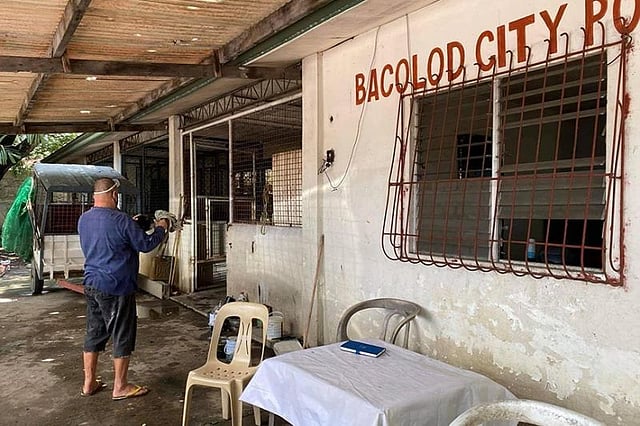
Animal Welfare Groups Demand Closure of Bacolod City Pound Over Alleged Neglect
Animal welfare advocates have united in denouncing the Bacolod City Pound, urging authorities to remove the head of the City Veterinary Office and close the pound due to alleged persistent neglect and mismanagement. The collective, led by the Pawssion Project, described the facility as a "mass grave" for dogs and cats, highlighting nearly a decade of systematic animal mistreatment. The group revealed that despite substantial financial and logistical contributions from private supporters, the city government has not provided funding to sustain the pound’s operations. Furthermore, they criticized the facility for failing to meet essential standards, noting its lack of registration with the Bureau of Animal Industry. An online petition seeking at least 5,000 signatures calls for formal appeals to be made to the Animal Kingdom Foundation, aiming to take the issue to the Ombudsman and the Department of the Interior and Local Government. The petitioners accuse the City Veterinarian of neglecting to implement effective welfare programs or maintain transparency since 2015. In addition, the animal welfare groups have appealed to Bacolod City Mayor Greg Gasataya to intervene urgently. They also encourage local residents to support dog and cat welfare by adopting and fostering animals from the pound. "The ongoing conditions within the facility are unacceptable and demand immediate action," the statement from Pawssion Project emphasized.
Economy
|2 min read
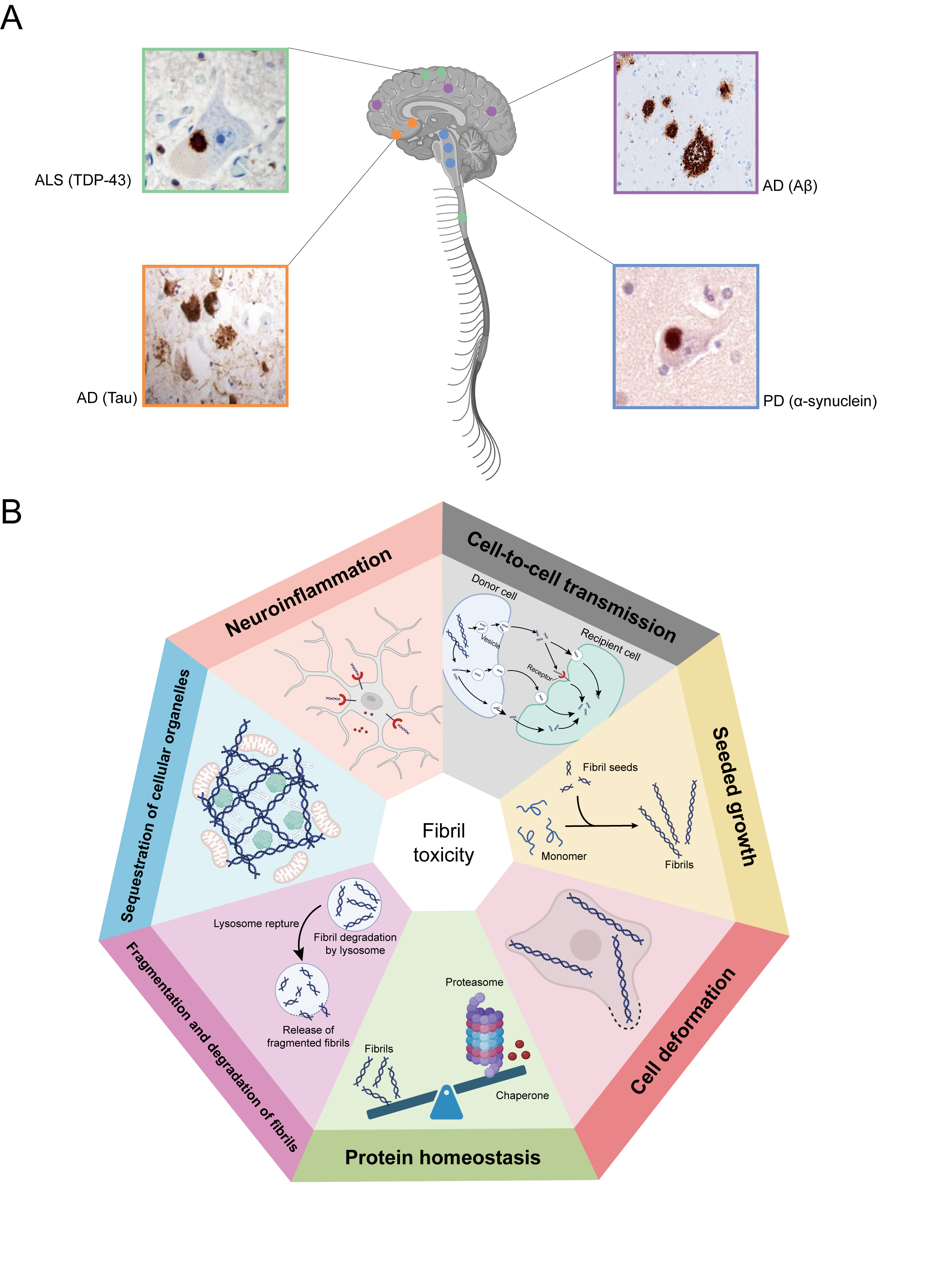
Japanese Study Highlights Arginine’s Potential to Combat Alzheimer’s Protein Clumps
Scientists from Kindai University and Japan’s National Institute of Neuroscience have identified the amino acid arginine as a promising agent against one of Alzheimer’s hallmark features: amyloid-beta protein aggregates. Their recent study demonstrates that oral arginine disrupted these toxic protein clumps in Alzheimer’s-like mouse models, leading to decreased protein deposits and improved behavioral outcomes. In the experiments, male mice genetically predisposed to develop amyloid-beta plaques received arginine through their drinking water. This treatment resulted in a marked reduction of protein buildup in the brain. Additionally, the mice exhibited fewer neurological abnormalities and showed diminished activity in genes tied to neuroinflammation, indicating potential benefits beyond plaque clearance. "Our research confirms that arginine can inhibit amyloid-beta aggregation both in laboratory and living organisms," explained lead investigator Yoshitaka Nagai. "The encouraging aspect is that arginine is already established as a safe, cost-effective therapeutic agent." Further reinforcing these findings, similar effects were observed in fruit fly models and in vitro experiments. The study builds upon earlier evidence of arginine functioning as a chemical chaperone that prevents misfolded proteins from forming harmful aggregates. Crucially, previous studies have verified arginine’s ability to penetrate the blood-brain barrier, a challenge that limits many Alzheimer’s drugs. Despite these promising results, experts urge caution, noting that human studies are still necessary. The doses given to animals were high, and the safe and effective dosage for humans remains unknown. Moreover, the scientific community continues to debate whether reducing amyloid-beta plaques halts or delays Alzheimer’s progression in patients. Nonetheless, the study opens the door for exploring arginine as a therapeutic candidate for neurodegenerative diseases marked by protein misfolding. "Considering arginine’s excellent safety profile and affordability, it could be rapidly advanced to clinical trials targeting Alzheimer’s and similar disorders," Nagai stated. "Our findings pave the way for arginine-based strategies against diseases caused by protein aggregation."
Economy
|2 min read
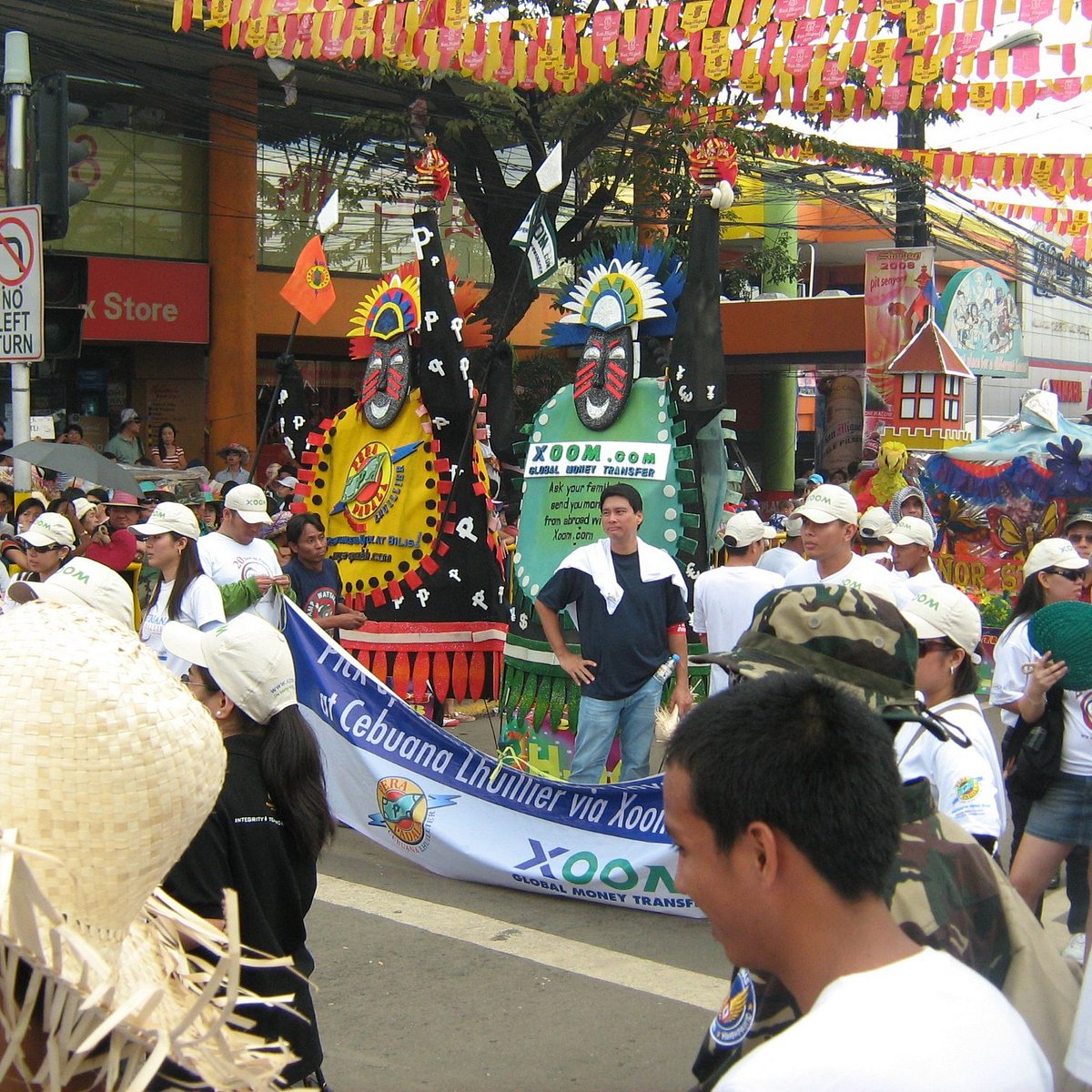
Cebu City Reduces Sinulog 2026 Budget Amid Post-Typhoon Recovery Efforts
Cebu City has decreased the Sinulog 2026 budget from the initially proposed P100 million to P78 million, reallocating funds to support rehabilitation and recovery programs for communities affected by Typhoon Tino. Mayor Nestor Archival emphasized that while the city remains committed to delivering a successful Sinulog celebration, the reduced expenditures reflect the administration’s priority to address urgent post-disaster needs. He stated, \"We will sustain the spirit and success of the festival with more prudent spending to respond to the immediate demands after the calamity.\" To date, 37 contingents have confirmed their participation in next year’s grand parade following the November 30 deadline. This list comprises 12 groups from outside the city, 17 from Cebu’s barangays and schools, seven from neighboring provinces and cities, and one guest performance by Bacolod’s Masskara Festival. The parade route will follow the carousel pattern implemented last year, with restrictions placed on the number of floats and a discouragement of large groups trailing vehicles to enhance crowd control measures. Unlike previous years, street parties will not be held. Instead, potential festival activities will depend on the Sinulog Foundation Inc. (SFI). Possible venues being considered include South Road Properties, Escario, Plaza Independencia, and the IT Park area. Mayor Archival also revealed that the Sinulog 2026 theme will be \"United in Faith and Love,\" continuing with the traditional rallying cry of \"One Beat, One Dance.\" Prize allocations will remain unchanged from the previous year. Despite the budget reduction, the city aims to deliver a festival on par with last year’s successful event, which concluded around 10 PM and featured 43 contingents, including guest performers.
Economy
|2 min read
